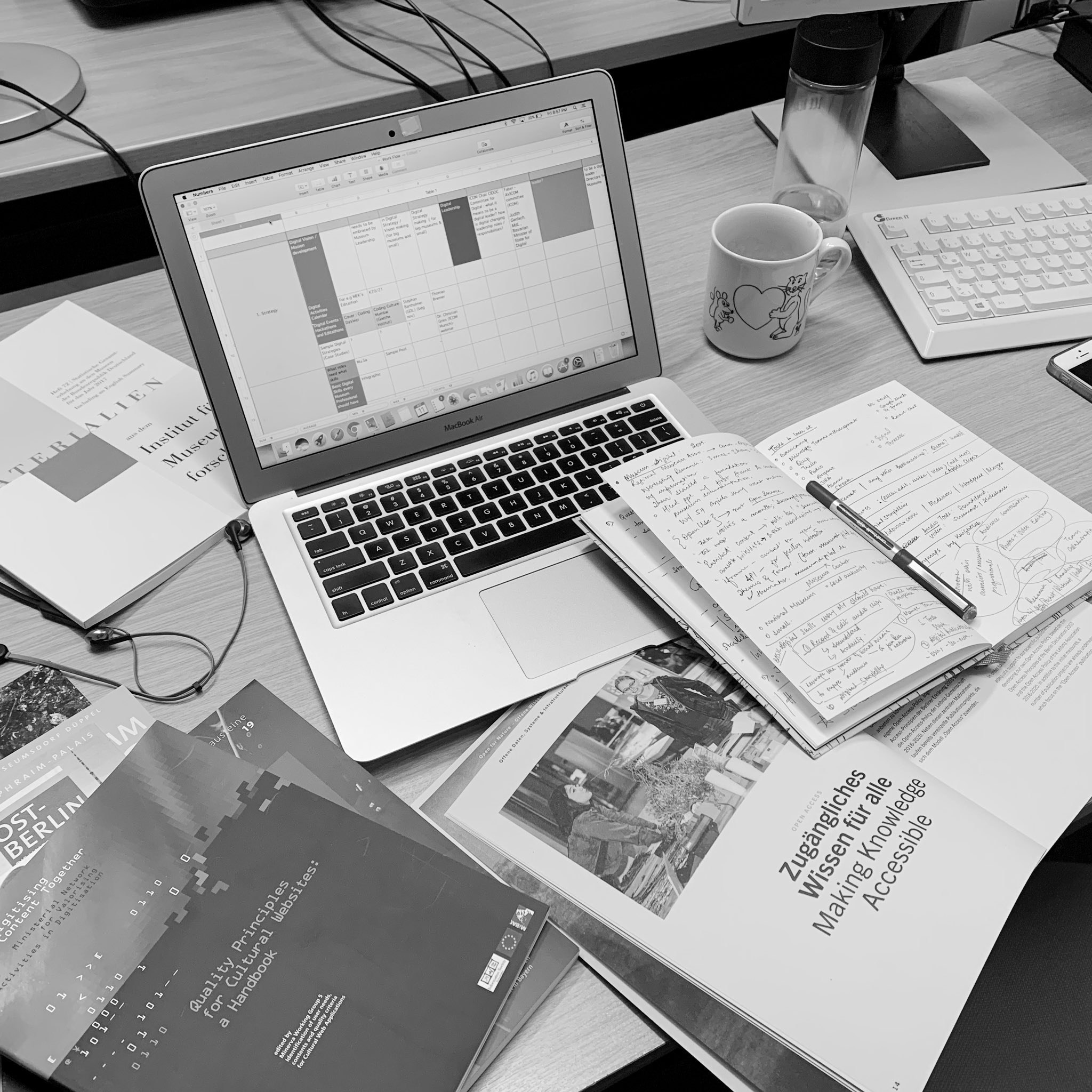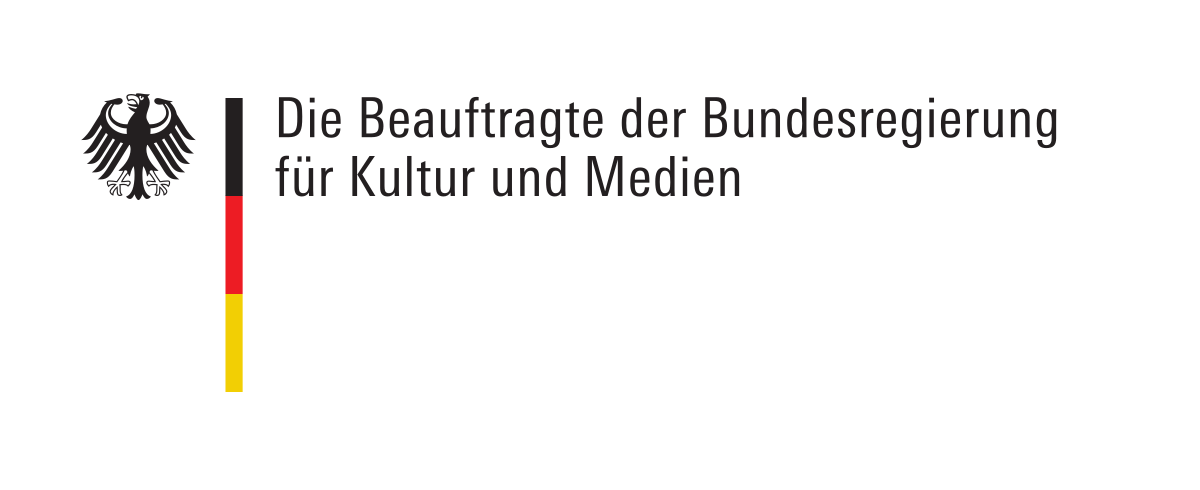I have grown to believe that some of the best things start on Twitter - like my engagement with ICOM Deutschland and interactions with inspiring colleagues from the country, that extended well into the analog world. It all started in late 2018, when I sent out a tweet asking if any organisation in Germany would like to host my research project - so that I could apply for a fellowship. When someone suggested that my project was suited to ICOM Germany’s priorities, I was excited, but also surprised (in India, ICOM hardly has a presence); my Twitter contact connected us on email, and over the next few months, what was simply an idea, took shape with ICOM Deutschland's guidance and support.
The idea: to research the German & Indian museum landscape that would culminate in a toolkit for museum professionals to navigate the world of digital.
My time at ICOM Germany afforded me the unique opportunity to investigate and understand the digital landscape while building connections and bonds with some of the most inspiring individuals and institutions. There was never a dull moment during my stay in the country - I always found myself on the go, and opportunities for engaging with cultural professionals were plenty.
The first part of my research entailed developing an understanding of the digital landscape of German museums / institutions; studying reports and articles, and identifying people and institutions to approach for building case studies.
ICOM Germany organised everything from the very start - an office space for me that offered limitless coffee, introductory meetings and ice-breaker lunches with colleagues. I found myself settled in comfortably in the very second week of my arrival in Berlin. It was like I had always belonged there.
While at ICOM Deutschland, I attended the Museum4punkt0 conference (even recording my first podcast there!), travelled to Munich with the team for their Annual Conference (and attended a Wikipedia workshop that was part of it), surveyed museums, and presented part of the research at the ICOM Athens conference. I visited museums and even attended a digital-education themed conference online! Between celebrating birthdays of colleagues and my own, Christmas markets and meet-ups, recording podcasts and videos, interacting with a wide variety of digital projects, I got to experience Berlin's culture in its fullest; it not only enhanced my appreciation for Germany, but the experience has only furthered this bi-national research into a broader vision for encouraging dialogue between Europe and the Global South.
What is the German museum sector like?
Digital priorities are different for India and Germany - that was my first realisation. Museums in Germany focus largely on digitization, open access and conversations around building public engagement with the online collections. I found some very inspiring examples of digital mediation within museum galleries as well.
In India on the other hand, we focus our energies on digital communication - social media campaigns, and to some extent, digitization of collections.
In both countries, and largely in Europe and Asia, up-skilling of museum professionals is the core issue. The German conferences address this : there are workshops built into conferences, and I loved that while we spent time listening to speakers and seeing great examples on stage; there was an opportunity to be part of different workshops that allowed for developing digital strategy / audience communication and so much more.
The making of ‘Embrace Digital !’
Working on the research required me to work on and understand processes which were well outside my primary expertise (digital strategy and communication). While conducting in-depth interviews, and collating my findings, I learnt a lot about open access and meta data standards - this was completely new to me; and my interactions helped me understand organisational structures, and approaches to digital transformation. I am now working on developing case studies that provide examples of digitising collections and it’s internal impact, use of digital in educational initiatives, crowdsourcing knowledge through digital means; the impact of opening collections on the reach, audience engagement with online collections and a social media handbook! Since the toolkit is meant to inspire and build digital confidence, I am working on templates and worksheets too, that would be of help to museum professionals.
To create this toolkit at a time when a pandemic is upon us, makes it all the more relevant; at the same time, it is challenging to create something for a world that is changing very rapidly.
The ICOM-Germany experience
What has stayed with me though, right from the beginning, has been the welcoming kindness and warmth of the ICOM Germany team.
I have been thoroughly encouraged by the support and flexibility that ICOM Germany allowed me. Our minor struggles in terms of identifying platforms to share the toolkit also gives me a first-hand experience of navigating digital collaborations & has strengthened my belief that cultural heritage professionals can benefit significantly each other's experiences and through cooperation across borders.





